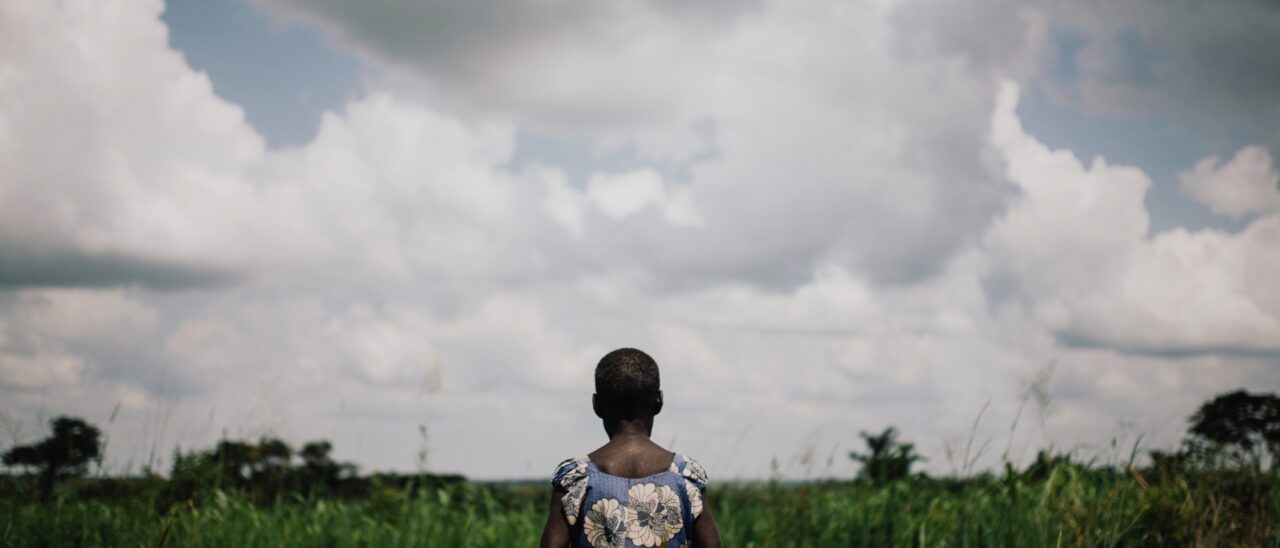
Land Theft
For poor families, a house and a small patch of land are often their only source of shelter, food and desperately needed income. But for many people in poverty—particularly widowed women and orphaned children—even this fragile foundation is not safe.
In Africa, land theft often happens after the death of a husband or father, when widows and orphans are particularly vulnerable. Powerful relatives or neighbours often steal their meagre property with violence or lies, and the surviving widow or orphans are left homeless and stripped of their belongings.
Women in developing countries are particularly at risk to land theft, especially in contexts in which they are viewed as less valuable, subordinate or even as property themselves.
- Widows are particularly vulnerable to land theft. There are more than 115 million widows living in extreme poverty around the world—with half a billion children depending on these widows for survival. [1]
- By 2020, 1.5 billion of the world’s urban poor will live in informal settlements and slums without any secure right to their property. [2]
- An estimated 90% of rural sub-Saharan Africans have no proof of ownership for land where they live and work—leaving them even more vulnerable to violent land grabbing. [3]
[1] Sylvia B. Ondimba. “The World Must Support Its Widows.” The Guardian. June 23, 2011. Web. Available online.
[2] UN-HABITAT. “Secure Land Rights for All.” Available online.
[3] Ibid.
If a widow refuses to leave her home, she and her children may be chased out violently. Women and children we have represented report being menaced, threatened with machetes and physically assaulted; some have had their homes destroyed by perpetrators intent on making their property uninhabitable.
The perpetrators of land theft are often related to their victims, so police may dismiss cases as a “family matter.” Law enforcement agencies lack the training and resources to meet the overwhelming need.
With no help from the justice system, survival itself becomes a struggle for a victim of land theft. Homeless, she may be forced to relocate somewhere dangerous, or be extremely vulnerable to exploitation as she searches for a home. She may not be able to afford or access food, medical care or other vital needs for herself or her children.
IJM protects widows, orphans and other vulnerable people from land theft in Uganda.
Rescue Victims: We restore widows and orphans to their homes and defend them against ongoing threats of violence.
Bring Criminals to Justice: We bring criminal cases against perpetrators, particularly where violence, intimidation or fraud have been used.
Restore Survivors: We provide urgent medical care and counselling, ensure that children can go to school and, where needed, help women begin income-generating projects.
Strengthen Justice Systems: We provide training and hands-on mentoring to police and local leaders on the effective enforcement of land theft laws.